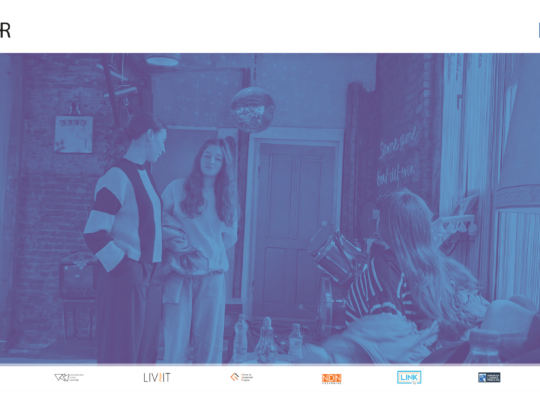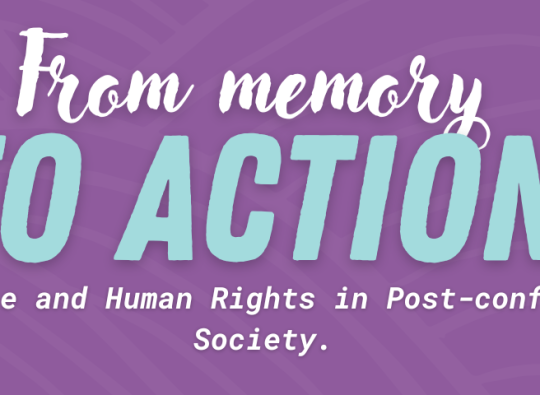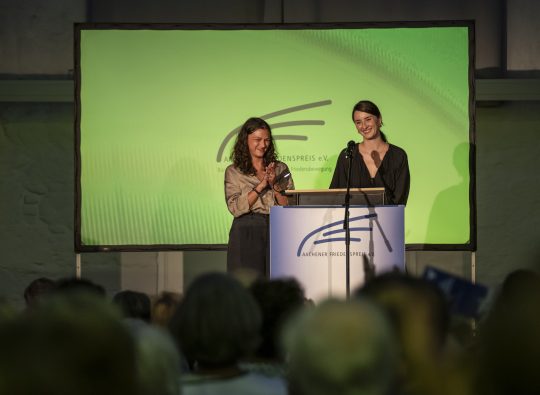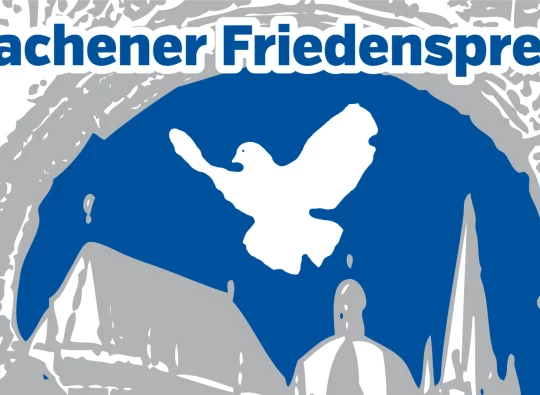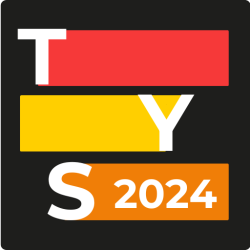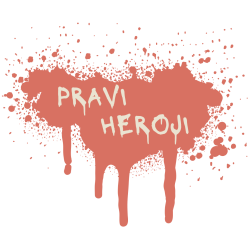On the first day, the participants had the opportunity to get to know one another, exchange opinions and discuss what democracy meant to them. After that, they were addressed by Frank Moraweitz from crossborder factory, who discussed five key points he finds crucial for the survival of democracy in Europe: France-Germany relations, dealing with the past, respect for human rights and fundamental freedoms, European dimension, and dealing with complexity.
In the afternoon, the participants were given a task to discuss and find an answer to the question of the largest challenge for democracy in the world nowadays. The answers they came to in group work included populism, fake news, corruption, lack of trust in institutions, elitism, bureaucracy, as well as terrorism and violent extremism. Also, on the third day, the participants were asked to discuss in groups what to be ‘a democratic citizen’ means to them; some of the answers are that democratic citizen is a citizen who continuously advocates respect for fundamental human rights, who respects and appreciates others’ views, who cares enough to invest their time in contributing to better functioning of the community, who advocates inclusion and equality in their daily lives.
During the second day, the participants talked with Tobias Flessenkemper, Head of Council of Europe Office in Belgrade, who presented the work of the Council of Europe and talked about how the European Union was created, and challenges emerging in the meantime. The participants had various questions about the state of democracy and rule of law, in particular in the Western Balkans, as well as why it is important to be democratically aware, and how to encourage young people to take more active part in democratic process.
On the second, third and fourth day of the seminar, the participants had an opportunity to work together with organisation planoptij from Berlin. In the first session, they learned about the history and process of European integrations through an interactive quiz. They were tasked to conduct a mini research on different EU institutions, such as the European Parliament, EU Council, European Commission, and present their findings to the rest of the group. In the second session, the task was to define what the role of the European Union is in reality as far as democracy and rule of law are concerned, and what its role should be in the upcoming period. The participants also had an opportunity to develop their own recommendations for the European Union in order to bring democracy and rule of law to a higher level.
At the last session with planoptik, the participants, divided into two groups, were developing two different scenarios for the future of Europe in the next 15 years: one group reflected on Europe that remained democratic, while the other dealt with quite undemocratic Europe. The last assignment for the participants was to write a policy paper for European institutions on the preservation of democracy and rule of law.

